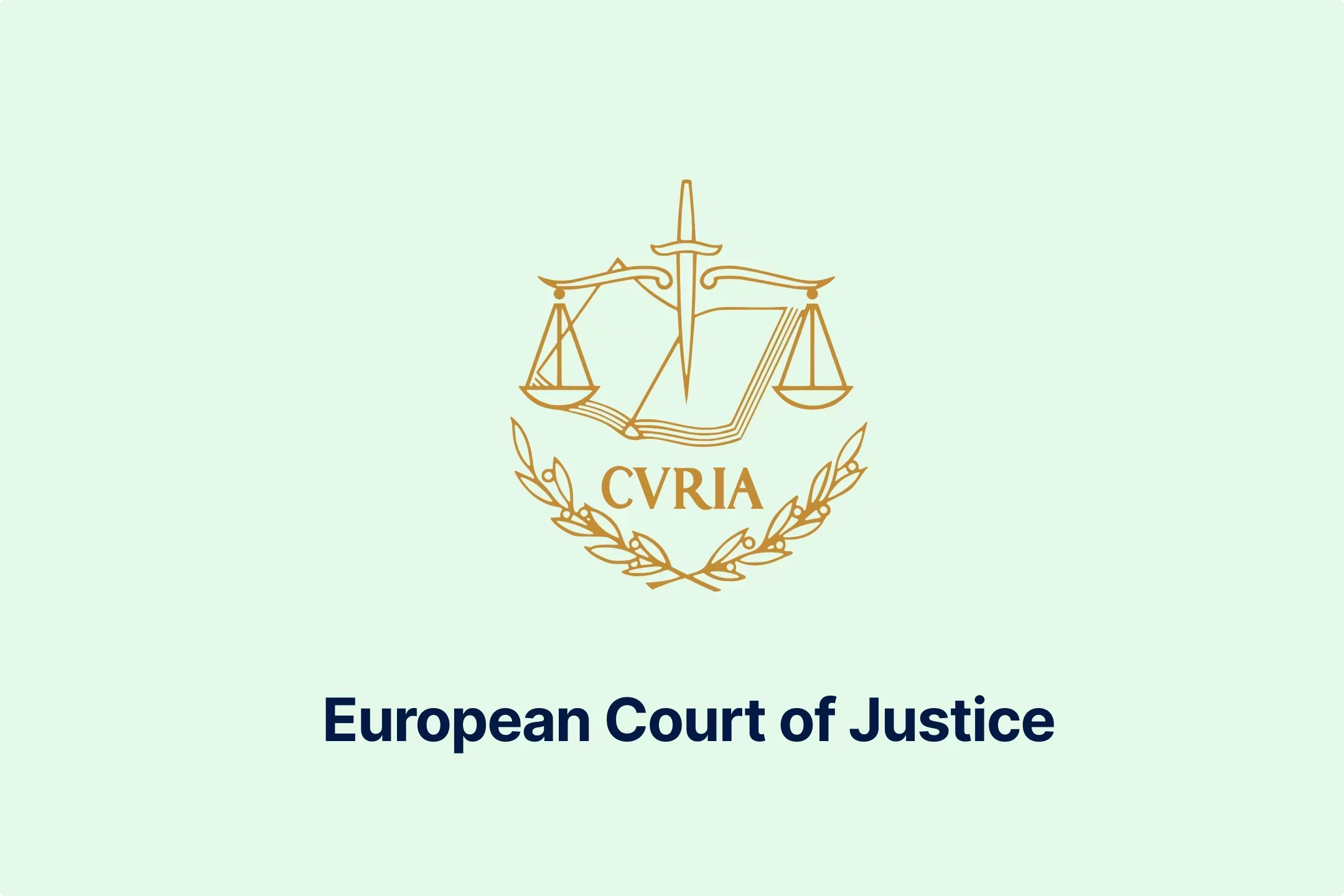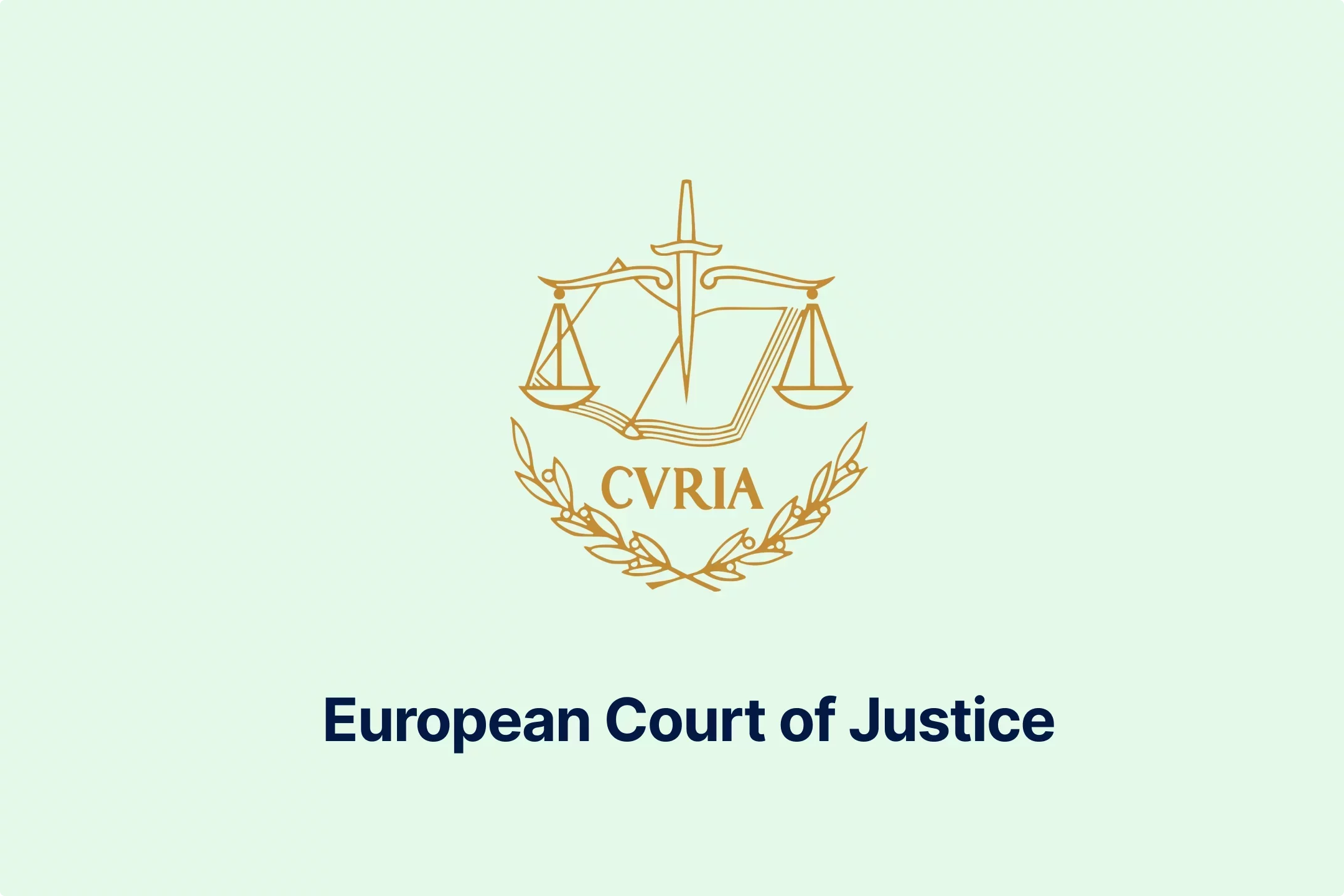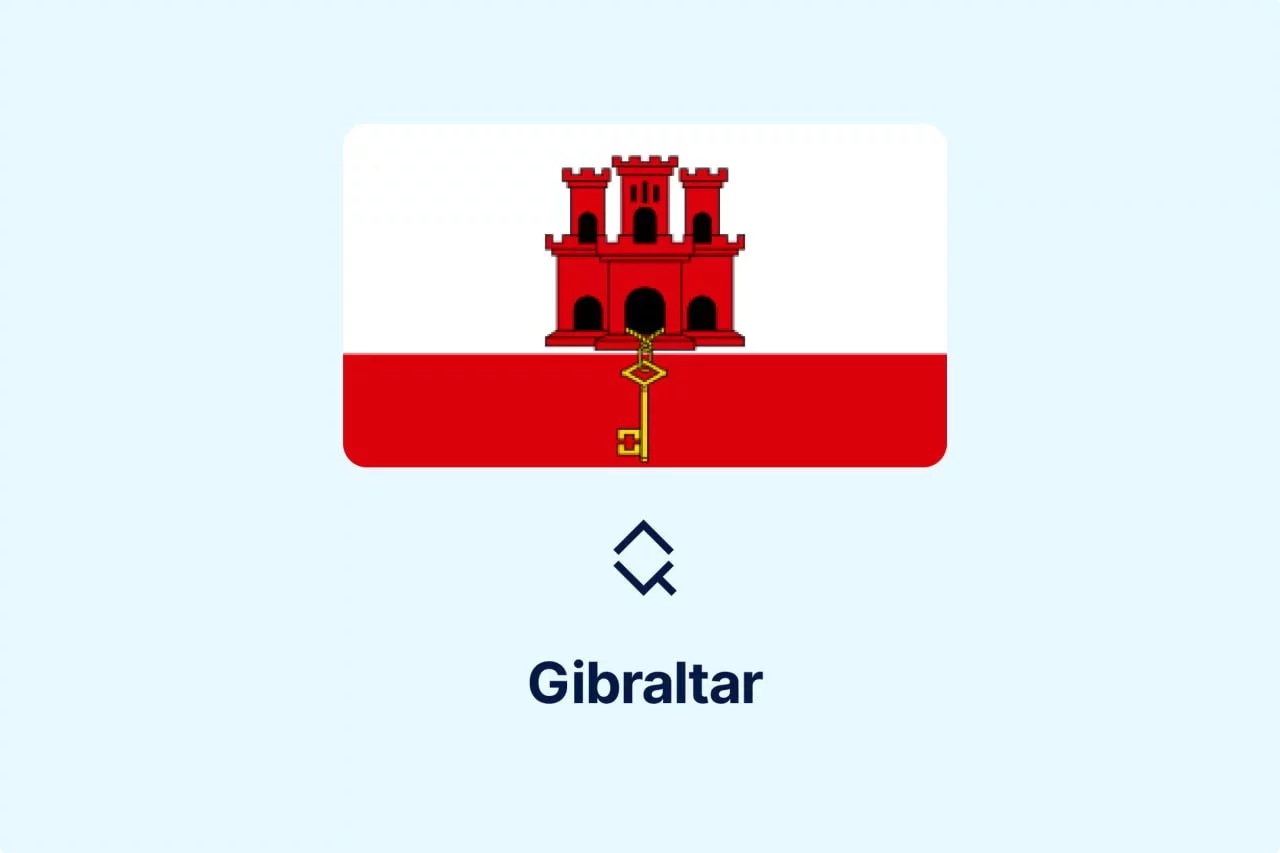EU General Court Rules Excise Duty Not Due on Fictitious Goods
-gly6ablwnh.webp)
Nine months after being conferred the authority to rule on references for a preliminary ruling, the EU's General Court published its first preliminary ruling, concerning a dispute over excise duties. The decision to authorize the EU's General Court to rule in certain VAT cases was announced last year, when the European Parliament and the Council of the European Union agreed on this approach as a means to free up time for the Court of Justice of the European Union (ECJ) to focus on more complex cases.
Background of the Case and Court's Decision
On July 1, 2019, following the tax inspection, the Croatian Tax Office in Virovitica issued a notice requiring MK to pay an additional HRK 135,603.57 (around EUR 18,000) in VAT, along with default interest. According to the Tax Office, between October 2016 and December 2017, MK unlawfully claimed VAT deductions by using falsified invoices for petroleum product supplies that did not occur.
Additionally, the customs officials reviewed MK’s excise duty obligations. They discovered that 155 invoices, relating to the purchase of over 63,000 litres of Eurodiesel fuel, submitted during the same period were also falsified. As a consequence, on October 22, 2019, the Customs issued an assessment requesting that MK pay HRK 226,837.09 (approximately EUR 30,125) in excise duties.
MK appealed against the excise duty decision, but the Ministry of Finance denied the appeal on March 31, 2022. However, MK appealed against the decision before the Administrative Court in Osijek. In the meantime, on April 21, 2021, Croatian customs authorities imposed a fine of HRK 45,000 (approximately EUR 6,000) on MK for committing an administrative offense.
The Administrative Court determined that under the Law on Excise Duty, excise duty on energy products is applied regardless of whether the conditions that usually trigger such duty, such as the actual movement of excise goods, are met.
They also stated that MK has acknowledged that the petroleum products in question never existed, reinforcing the fact that no physical movement of excise goods took place. Since excise duty is intended to be a consumption-based tax on actual goods, the Administrative Court referred a request for a preliminary ruling on the question of whether national provisions are consistent with EU law.
The General Court ruled that Article 7 of the Directive on excise duty must be understood as not allowing excise duty to be charged where the goods in question do not exist and no actual supply or movement of excise goods has occurred, even if such supplies are fraudulently represented in documents.
Conclusion
The issuance of this first ruling marks a significant milestone in ensuring that the EU's VAT, customs, and excise duty regulations are correctly interpreted and applied. With the first ruling being published, the EU's General Court will undoubtedly play a more significant role in interpreting VAT and other in-scope regulations.
Source: Case T‑534/24 - MK v Ministarstvo financija Republike Hrvatske

Featured Insights

Burkina Faso FEC E-Invoicing Mandatory July 2026
🕝 February 24, 2026More News from Europe
Get real-time updates and developments from around the world, keeping you informed and prepared.

EU Law Primacy in VAT: ECJ Rules on Hungarian National Practice

Appstore VAT Ruling: Who owns your In-App Purchase tax? C-101/24

VAT Treatment of EU-Funded Projects for Non-Profit Associations

Right to Deduct VAT on Fixed Asset Reconstruction: Court Ruling
-7xsxxoypnx.webp)
Italy’s EUR 1 Billion VAT Dispute with Meta, X, and LinkedIn Explained
-l0zcrrzvhb.webp)
EU 5% Digital Service Tax Could Generate EUR 37.5 Billion: CEPS Study

Restrictions on VAT Deduction: Key Legal Cases & Compliance Insights
-qsozqjwle2.webp)
EU Parliament Approves ViDA: VAT Reforms & Digital Tax Compliance

-e9lcpxl5nq.webp)




-zzrhegqsyq.webp)

-ulcnia30z1.webp)



-3rcczziozt.webp)

-rvskhoqpms.webp)




-a5mkrjbira.webp)

-ivkzc1pwr4.webp)




-hssrwb5osg.webp)



-c06xa1wopr.webp)









-webajrr4ny.webp)
-evibmwdwcn.webp)
-7acdre0hop.webp)

-lcgcyghaer.webp)
-ol6mdkdowg.webp)
-aqdwtmzhkd.webp)

-njgdvdxe2u.webp)



-i6rki3jbad.webp)
-hdwgtama05.webp)

-atbhy5fyxv.webp)






-zp2n6zixoa.webp)
-oa1ynbm4sn.webp)

-lltkno6txy.webp)



-do38odrqnq.webp)

-t409oldqzt.webp)

-hordopb6xh.webp)

-ooimnrbete.webp)

-lwb5qpsily.webp)


-eumafizrhm.webp)

-mtqp3va9gb.webp)

-3ewrn1yvfa.webp)
-591j35flz2.webp)

-huj3cam1de.webp)


-hafis0ii23.webp)

-qseaw5zmcy.webp)



-qzsah2ifqx.webp)

-69rzooghib.webp)
-wrvng98m0g.webp)


-psucycuxh2.webp)
-klyo8bn5lc.webp)




-6wv5h5eyyd.webp)
-tfgg78rbid.webp)
-a6jpv9ny8v.webp)
-qhdbapy0qr.webp)

-owvu7zoc13.webp)


-h28jrh1ukm.webp)

-wl9bl1rw3a.webp)

-2w76jtvtuk.webp)

-c0uvrmrq9j.webp)



-pofe7ucwz3.webp)



-5cc23ezxyf.webp)
-rrmabbekeb.webp)







-iyyeiabtaf.webp)
-c8rbjkcs01.webp)
-nilkffjhah.webp)

-hikakq55ae.webp)

-z1d60bldtg.webp)
-d1a0q6n7mp.webp)
-viip8nvoeh.webp)
-bvv1otliox.webp)



-de8hdb1bn3.webp)

-cm0opezg73.webp)
-0tovsdupmi.webp)
-subxdamdj6.webp)


-gkduqhwbzh.webp)
-qpe1ld9vcj.webp)
-8noukwsmba.webp)
-aka29tuhkt.webp)


-fisvs27yrp.webp)


-mp0jakanyb.webp)

-aivzsuryuq.webp)



-o7f4ogsy06.webp)

-zjja92wdje.webp)
-hrbhdts8ry.webp)
-qtdkwpgkug.webp)


-cf8ccgah0p.webp)
-0em3cif5s6.webp)






-ptzesl0kij.webp)

-tfzv42pyms.webp)







-uodv7sfbih.webp)
-bbrdfmm9qf.webp)



-m2tl8crfqr.webp)




-1awbqjgpjs.webp)
-avbjsn1k1g.webp)


-0h8ohkx6s0.webp)



-wfmqhtc7i6.webp)
-7wljbof2zo.webp)

-eqt97uyekl.webp)
-wzw9mcf563.webp)

-z4oxr6i0zd.webp)




-fhtic1pwml.webp)

-iipdguuz9p.webp)
-nkhhwrnggm.webp)
-pltqwerr3w.webp)

-nn6mtfbneq.webp)

-tmnklelfku.webp)



-8z1msbdibu.webp)
-7g16lgggrv.webp)



-lxcwgtzitc.webp)
-9mc55kqwtx.webp)


-xla7j3cxwz.webp)
-jrdryw2eil.webp)





-t9qr49xs2u.webp)


-qjopq5jplv.webp)



-vune1zdqex.webp)

-rgjta7iwiv.webp)

-zb6bxxws47.webp)
-lyfjzw4okp.webp)

-ogpfmol5m1.png)


-czisebympl.png)

-zetvivc79v.png)
-ud7ylvkade.png)
-qizq6w2v5z.png)







-ihr6b4mpo1.webp)
-k1j4au0ph6.webp)
-swxxcatugi.webp)


-ig9tutqopw.webp)

-tauoa6ziym.webp)

-spr0wydvvg.webp)
-xfuognajem.webp)





-u2nv5luoqc.webp)








-opuxpan2iu.webp)




-kwttsfd8ow.webp)
-8u14qi10nj.webp)

-wjpr96aq5g.webp)

.png)

.png)


.png)


.png)



.png)
.png)
.png)
.png)
.png)

.png)
.png)




.png)
.png)




































































































































